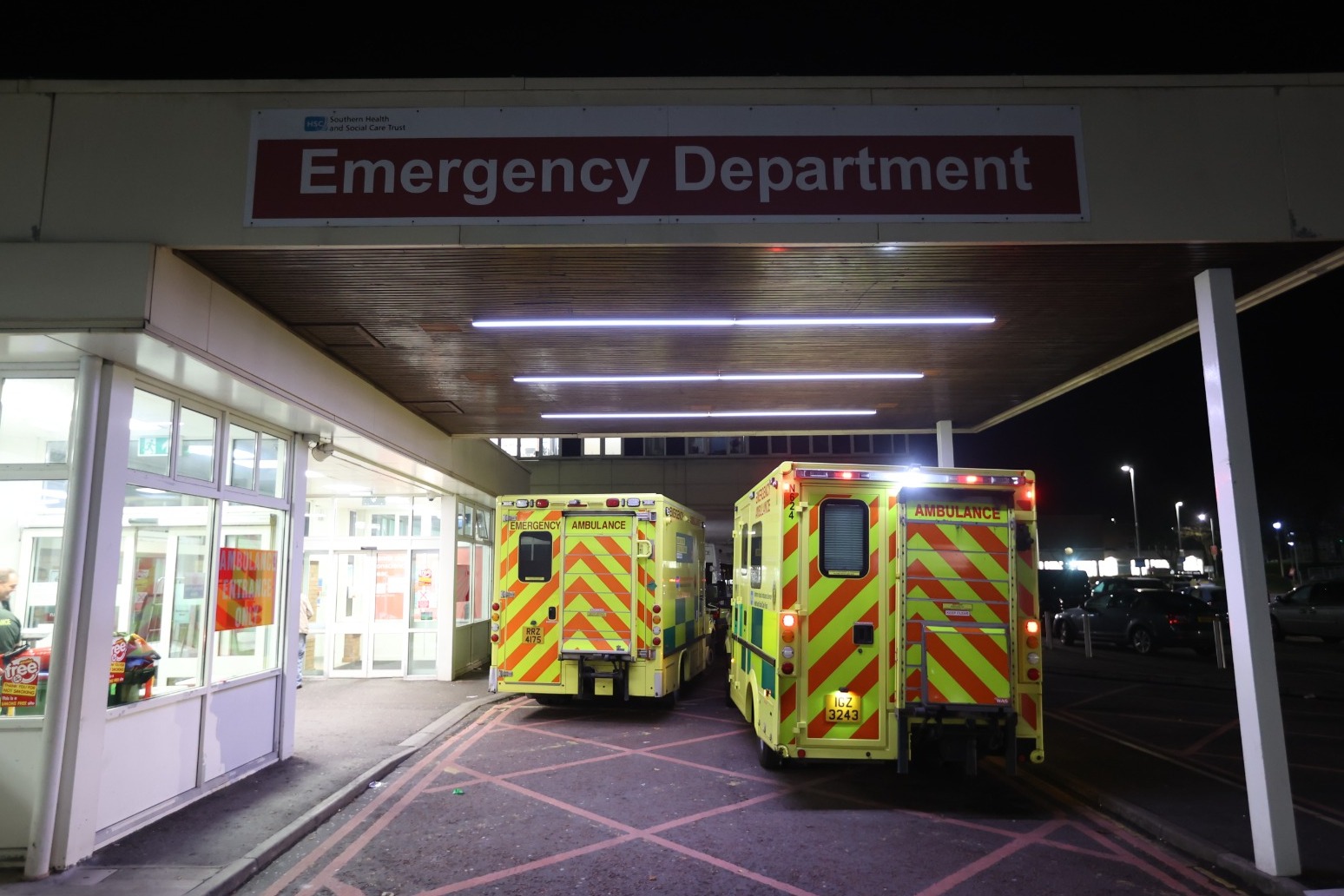
NHS ‘winter war rooms’ go live across England
Their aim is to get patients into beds more quickly and better manage demand
More than 40 NHS “traffic control centres” have gone live across England with the aim of getting patients into beds more quickly and managing demand.
The “winter war rooms” will use data to respond to pressures on the health system, with staff able to divert ambulances away from full hospitals to ones with more capacity.
Data, including A&E performance and waiting times, staffing levels, ambulance response times and bed occupancy, will all be examined by staff, who will include senior medics.
The idea is that the 42 centres, which were first announced as part of a wider winter plan in October, will be able to respond quickly to challenges as they emerge.
The centres will run seven days a week and will be fully manned during daytime hours, with on call arrangements overnight.
Professor Sir Stephen Powis, NHS national medical director, said: “These locally delivered control centres are just one part of our wide-ranging preparations for winter but will play a vital role in the sharing and use of vital information to drive smarter decision-making by local NHS teams.
“From Maidstone to Lincoln, less than six weeks after we issued our national guidance, we have teams across England working around the clock monitoring and responding to information and insights from frontline services to help spread resources and make the best possible decisions for both staff and patients.
“With recent data hitting home the significant pressure staff are facing – with 10 times the flu cases in hospital than we saw going into winter last year and thousands of beds taken up by patients medically fit for discharge – it has never been more important for the NHS to introduce these important and innovative planning measures ahead of what is likely to be one of our most challenging winters yet.
“The public can play its part by using NHS services in the usual way – dialling 999 in an emergency and using 111 online for other health conditions, and vaccines remain an important protection against serious illness so please come forward if you’re eligible.”
NHS England has previously announced plans to expand falls response services so people are treated in their homes, avoiding unnecessary trips to hospital where possible.
Officials estimate this could free up around 55,000 ambulance trips each year.
Other plans for winter include local “respiratory infections hubs” – which will aim to offer patients same day out-of-hospital care for Covid, flu, acute bronchitis and pneumonia.
Miriam Deakin, director of policy and strategy at NHS Providers, said: “New ‘control centres’ could help ease some of the pressure on urgent and emergency care services at this critical time. However, to work effectively, they should support collaboration by local health and care partners to tackle the multiple challenges of the coming weeks and months.
“Urgent action is also still needed to tackle workforce shortages, staff exhaustion and burnout, and the inability to free up capacity by discharging medically fit patients in a safe and timely way.”
Published: by Radio NewsHub